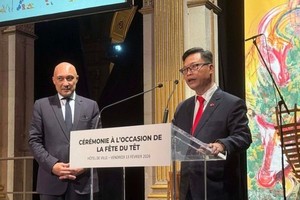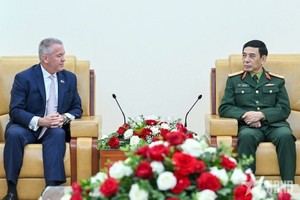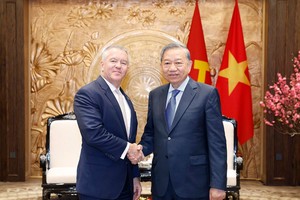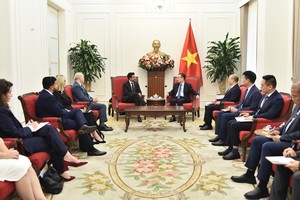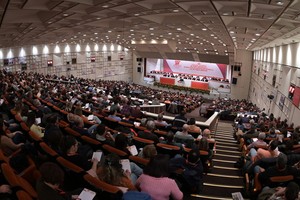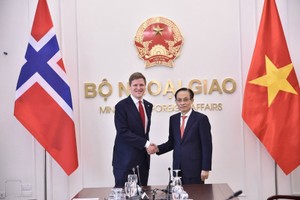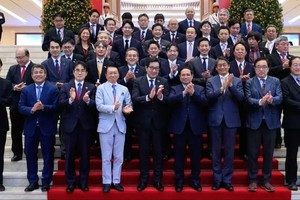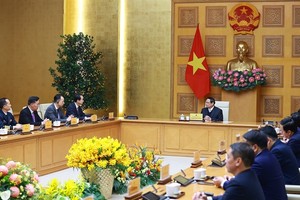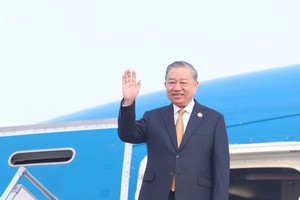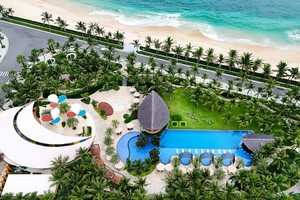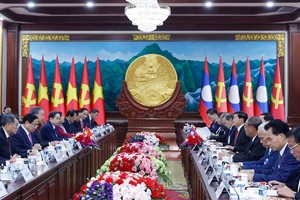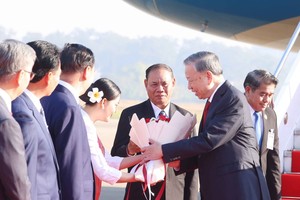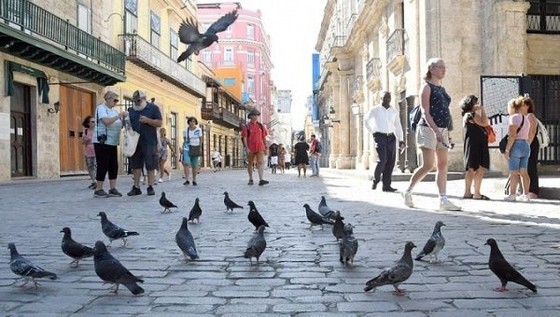 |
Foreign tourists in Havana, Cuba. (Photo: Telesur) |
The Cuban Ministry of Tourism (MINTUR) reports that the country has received more than 1.2 million tourists since the beginning of the year, and it is expected that this figure will reach 3.5 million by the end of 2023. Currently, the number of Russian tourists is steadily increasing during the peak tourism season of this country, which runs from October to March of the following year.
In Varadero, one of Cuba's most famous beachfront resorts, activities are being implemented to restore nighttime experiences for tourists, which were disrupted during the Covid-19 pandemic.
According to Xinhua News Agency, Ms. Milton Gonzalez, Deputy Director of Varadero Tourism School, said they have implemented nightly guided tours around the resort area, allowing tourists to explore nightclubs, bars, and various attractions.
In 2022, Cuba received approximately 1.7 million tourists, a significant drop from the initially projected figure of 2.5 million due to the effects of Covid-19.
According to Ms. Mercedes del Carmen Franco, a Professor at the Tourism School of the University of Havana, small and medium-sized enterprises in Cuba can play an important role in advancing the local tourism industry. She said that startup companies can contribute to the transformation of the local tourism sector by offering a range of services and diverse products to hotel establishments.
As for himself, Mr. Jose Luis Perello, a university professor and tourism expert, believes that finding effective ways to attract more tourists to Cuba is crucial. "Tourists demand the highest quality of hotel services, so the importance of relentless efforts cannot be denied," he said.
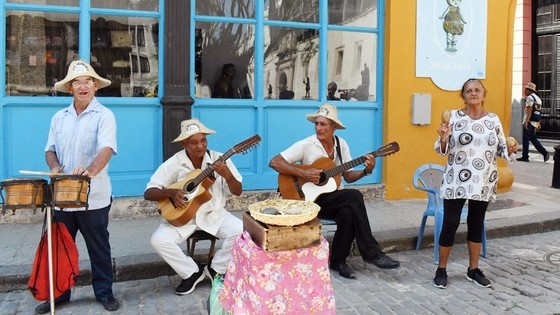 |
Folk artists perform at the Historic Center of Havana. (Photo: Xinhua News Agency) |
According to MINTUR, Canadians are the top tourist group, followed by Cuban expatriates, Americans, and Russians. During the pandemic, Cuba's primary source of tourists, Canada, suffered significant losses as Canada closed its borders, preventing Canadians from visiting Cuba. Canadian tour operators are planning to promote tourism to Cuba this winter season.
However, Cuba is struggling with a shortage of hotel rooms and faces difficulties due to US sanctions significantly limiting the number of American tourists. The Cuban government owns and operates a significant portion of the island's tourism infrastructure and relies on Russia, a nation providing substantial economic assistance, including increasing flights to Cuba. Currently, the number of tourists from Russia to Cuba has increased by 4-5 percent.
Mr. Juan Carlos Garcia, Cuban Minister of Tourism, informed members of the Cuban Parliament that Canada continues to be Cuba's primary source of tourism. Nevertheless, he hopes that Russians will become Cuba's third-largest tourism market, in part due to the expected increase in chartered flights from Russia.
In recent months, discussions between Chinese and Cuban tourism authorities have transpired with the objective of boosting the influx of Chinese tourists to the island nation. Cuba's plan involves doubling the number of Chinese tourists by bolstering diverse tourism sectors such as ecotourism, cultural tourism, healthcare tourism, maritime tourism, and other offerings.

